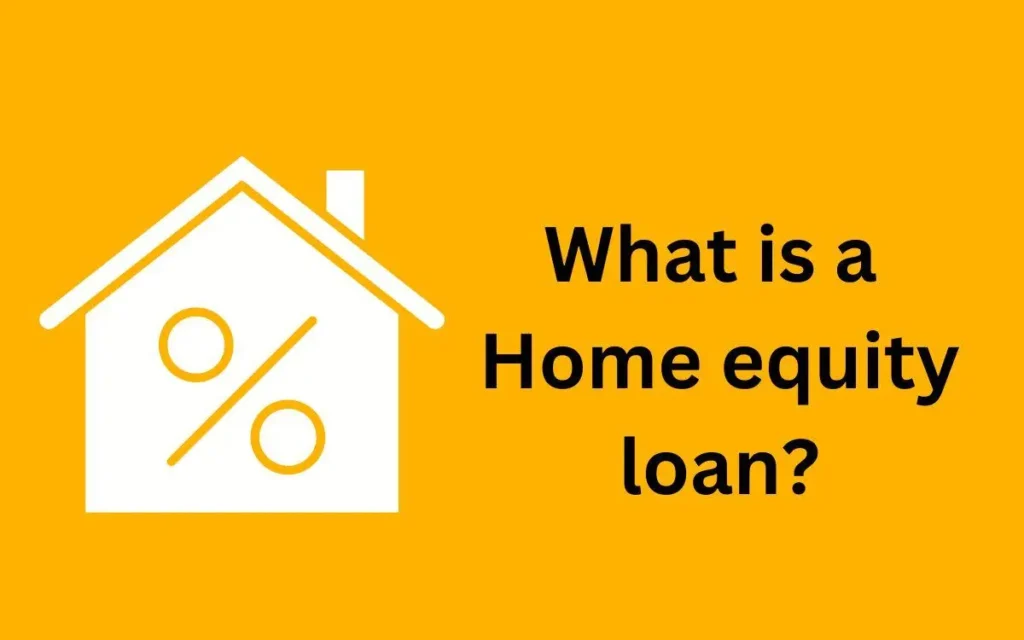Home equity is one of the most valuable financial assets homeowners can leverage. By understanding how to access and utilize home equity effectively, you can maximize your financial growth, fund major expenses, and even generate wealth. In this article, we’ll explore the top five ways to tap into your home equity and make the most of this powerful financial tool.
What Is Home Equity?

Home equity refers to the portion of your home’s value that you own outright. It is calculated as the difference between your home’s market value and the outstanding balance on your mortgage. As you pay down your mortgage and as your home appreciates in value, your home equity increases.
How to Calculate Your Home Equity
To determine your home equity: Home Value – Mortgage Balance = Home Equity For example, if your home is worth $400,000 and your remaining mortgage balance is $250,000, your equity is $150,000.
1. Home Equity Loan
What Is a Home Equity Loan?
A home equity loan, often called a second mortgage, allows homeowners to borrow a lump sum of money using their home’s equity as collateral.
Benefits
- Fixed interest rates for predictable monthly payments
- Large loan amounts available depending on equity
- Useful for major expenses like home renovations or debt consolidation
Considerations
- Requires a good credit score and stable income
- Puts your home at risk if you default on payments
2. Home Equity Line of Credit (HELOC)

What Is a HELOC?
A HELOC is a revolving line of credit that allows homeowners to borrow against their home equity as needed, similar to a credit card.
Benefits
- Flexible borrowing with a variable interest rate
- Only pay interest on the amount used
- Ideal for ongoing expenses, such as college tuition or home improvements
Considerations
- Interest rates can fluctuate
- Requires discipline to avoid excessive borrowing
3. Cash-Out Refinance
What Is a Cash-Out Refinance?
A cash-out refinance replaces your existing mortgage with a new, larger loan, allowing you to withdraw the difference in cash.
Benefits
- Access to large amounts of cash at relatively low-interest rates
- Potentially lower interest rate compared to credit cards or personal loans
- Can be used for investments or significant financial needs
Considerations
- Increases your loan balance and monthly mortgage payments
- Extends the repayment period of your mortgage
4. Reverse Mortgage (For Seniors 62+)
What Is a Reverse Mortgage?
A reverse mortgage allows senior homeowners (age 62 and older) to convert part of their home equity into cash without selling their home.
Benefits
- No monthly mortgage payments required
- Provides a steady stream of income in retirement
- Homeowners can remain in their homes
Considerations
- Reduces the equity left for heirs
- Fees and interest can be higher than traditional loans
5. Home Equity Investment Programs

What Are Home Equity Investment Programs?
These programs involve selling a portion of your home equity to an investor in exchange for a lump sum of cash, without requiring monthly payments.
Benefits
- No monthly repayments or interest charges
- Can be used for financial investments or other needs
- Ideal for homeowners who do not want additional debt
Considerations
- The investor shares in future appreciation of your home
- Long-term financial implications should be carefully evaluated
Also Read : Top Tips For Getting Approved For A Medical Loans With Low Interest Rates
Conclusion
Your home equity is a valuable financial resource that can be leveraged in multiple ways. Whether you choose a home equity loan, HELOC, cash-out refinance, reverse mortgage, or home equity investment program, it’s essential to understand the benefits and risks involved. By making informed decisions, you can use your home equity to improve your financial situation and achieve long-term growth.
FAQs
Q1: What is the best way to use home equity for financial growth?
The best option depends on your financial goals. HELOCs are great for flexibility, while home equity loans and cash-out refinances work well for large, one-time expenses.
Q2: How much home equity do I need to qualify for a loan or HELOC?
Most lenders require at least 15-20% equity in your home before approving a loan or HELOC.
Q3: Are there risks in using home equity?
Yes, tapping into home equity puts your home at risk if you default on payments. It’s essential to borrow responsibly.
Q4: Can I use home equity to invest in real estate or stocks?
Yes, many homeowners use home equity to invest in rental properties or the stock market, but this strategy comes with financial risks.
Q5: How does a cash-out refinance affect my mortgage payments?
A cash-out refinance increases your loan balance, which can lead to higher monthly payments or a longer repayment term.


